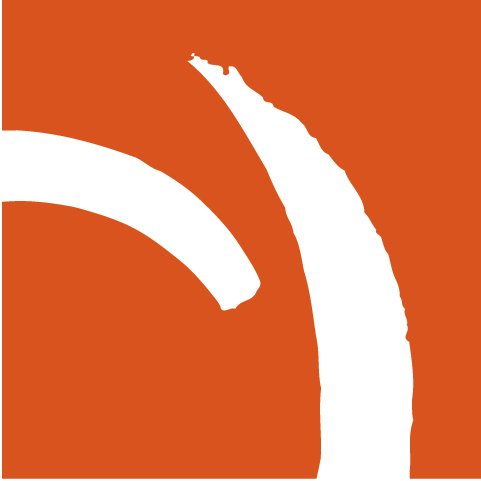


How we work
We create conditions for development, through development comes change
How we work
We create conditions for development, through development comes change
We create conditions which help organizations, groups and individuals to develop and change.
We do this primarily through making connections and through dialogue. Few fields are more tainted by overly general truths, myths and ready-made concepts than organizational development and leadership. We know that each organization, group and leader is unique and creates its own reality from its own conditions.
People want to develop, contribute and participate. This is a primary tenet of our work. It is important that we base our efforts on daily life. By analyzing and understanding this, we gain the knowledge and tools for change. It is how we create change which makes a difference. We always aim for the highest possible quality. It is because our focus is on the everyday work of the organization and co-worker, that gestalt theory and practice permeate our change work.
GESTALT APPROACH
Gestalt means wholeness. We see organizations individually and in cooperation as a system with “wholeness characteristics”. Seeing the organization as a whole is key to our being able to make recommendations at the right level of system. All parts are interdependent and, as such, relationships and interactions between parts are essential to the system’s efficiency and the basis of system theory.
When we work with people we are aware of the forces and dynamics which result from the relationship. We are all influenced by others, and our behavior and actions affect other human beings. Another important gestalt idea that is core to our work is phenomenology, a research method and theoretical concept often used in psychology. For us, this implies that we strive to encounter any new organizational phenomena as judgment-free as possible, because we realize that we all are subjective beings.
MEANING-MAKING AND RESPONSIBILITY-TAKING
Making meaning and taking responsibility are two very important concepts for us. Our ability to take responsibility is closely related to how we interpret challenges and the meaning we make about them for ourselves. Because everyone has his or her own interpretation of organizational reality, it is important that we visualize together and create a shared picture of our starting point.
Through the use of feedback and interventions, we work with that which is well developed and rooted in theoretical field research. What is well developed must be made both visible and accessible, if there is to be true change. Only then can we identify that which is less developed – in other words, the organization’s developmental potential. To say that we work with what’s possible is to say that we work with what already exists in organizations, groups and individuals. We always begin with the experienced and observed reality and only when necessary do we employ scientifically sound frameworks and theories to illuminate additional phenomena.

Our process
Fundamentals of our process
Our process
Fundamentals of our process
We always strive for client collaboration characterized by intimacy, continuous contact, mutuality and open, trusting dialogue.
Our consultants offer different areas of expertise and experience. It is extremely important to us that we match consultants and clients very carefully. We design and outline each project in close dialog and creatively mutual process with our client. It is vital to us that we share a clear vision of what is to come, that we not lose sight of who the client is and that we remain in constant contact throughout our work.
When working with multiple levels of system – either within a single organization or between organizations - we are careful to manage possible ethical dilemmas, making clear distinctions between consultants working in each level of system. Our consultants work as a team and together readily identify themes and patterns within and between organizations.
We attribute our success in development work to our capacity to make visible and to integrate individual inputs into one whole. Once the consultants have made their contributions, it is the managers’ and co-workers’ own motivations, ownership and experiences that become the most important factors in achieving the desired developmental goals and sustained change.
Our working method is built on the notion that managers and co-workers, from the very beginning of any change, take responsibility and build competence through an active engagement in the developmental process. This ensures that know-how remains in the organization long after our consultants have completed their assignment.
